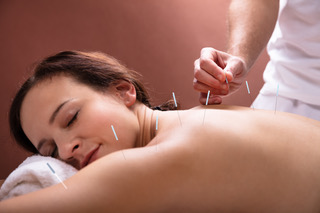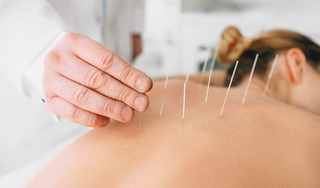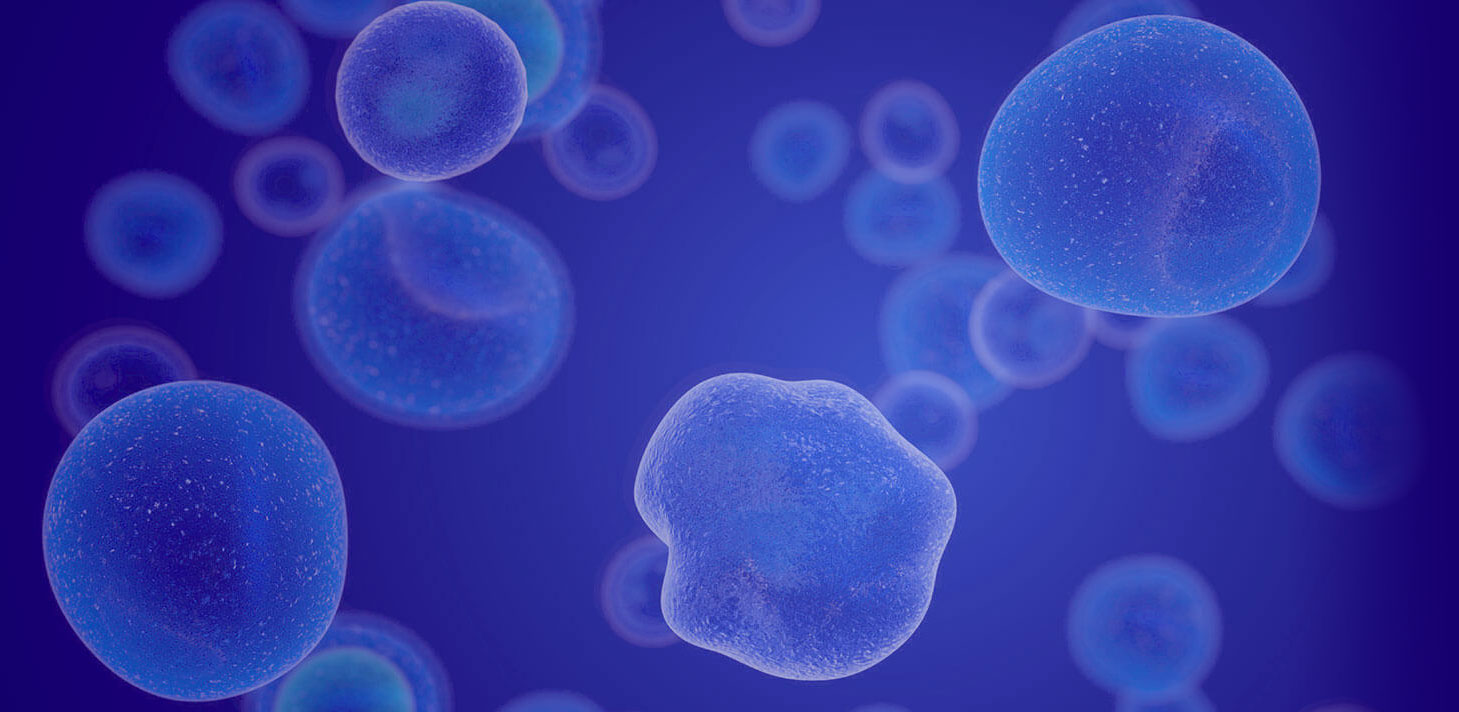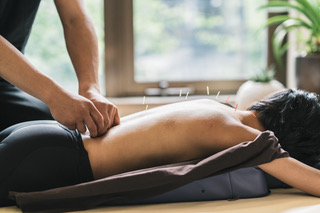Acupuncture is a popular form of alternative health care. It is an ancient eastern therapeutic technique based on the the belief that health is determined by a balanced flow of vital energy termed Qi (pronounced “chee”) (1). According to the principles of traditional Chinese Medicine, the workings of the human body are controlled by Qi, which circulates between organs and along 12 energy pathways called meridians (2).
The philosophy of acupuncture is quite distinct from that of allopathic medicine. Organs are considered energetic, not anatomic, with realms of influence expanded from their conventional medical physiology (3). The concept of disturbance in Qi as a causative factor in disease and illness is a primary tenet.
Treatment is based on the manipulation of the energy flow by the placement of special needles into points along meridian lines to encourage the flow of Qi, relive blockages, and restore balance.

Acupuncture is considered by many to be a complete system of disease management.The World Health Organization(4) and the National Institutes of Health(5) have recognized the use of acupuncture in the treatment of a wide range of problems including digestive disorders, respiratory disorders, psychological disorders, skin disorders, neurological disorders, musculoskeletal disorders, urological disorders and gynecological disorders. Proponents of acupuncture not only advocate its use as a first-line treatment, but also note its clinical value when used in an adjuvant role.
As noted, acupuncture can treat a wide range of conditions. Following diagnosis, acupuncture needles are placed in any one of over 1000 acupuncture points on the body. Although it is still unclear the exact mechanism(s) underlying acupuncture’s mode of action, western scientific research has suggested that acupuncture might act by the principle of the gate control theory (6). Other theories include the suggestion that both ascending and descending neural pathways are modulated via the production of endorphins and active amines in the CNS (7).

The barriers between alternative medicine and traditional medical practices appear to be falling. Increasingly, more and more individuals who are unhappy with conventional therapies are utilizing complementary services. It is apparent that the general public is recognizing the effectiveness of alternative medicine’s holistic approach to health.
Follow The Daisy Effect and see how specific medical conditions and diagnoses can be treated with acupuncture.
References
- O’Conner J. Acupuncture: a comprehensive text
- Stux G. Acupuncture: textbook and atlas
- Helms JM. An overview of medical acupuncture
- Helms JM. Report on WHO consultation on acupuncture
- Acupuncture-NIH consensus conference
- Melzack R. Pain mechanism: a new theory
- Han JS. Neurochemical basis of acupuncture analgesia



